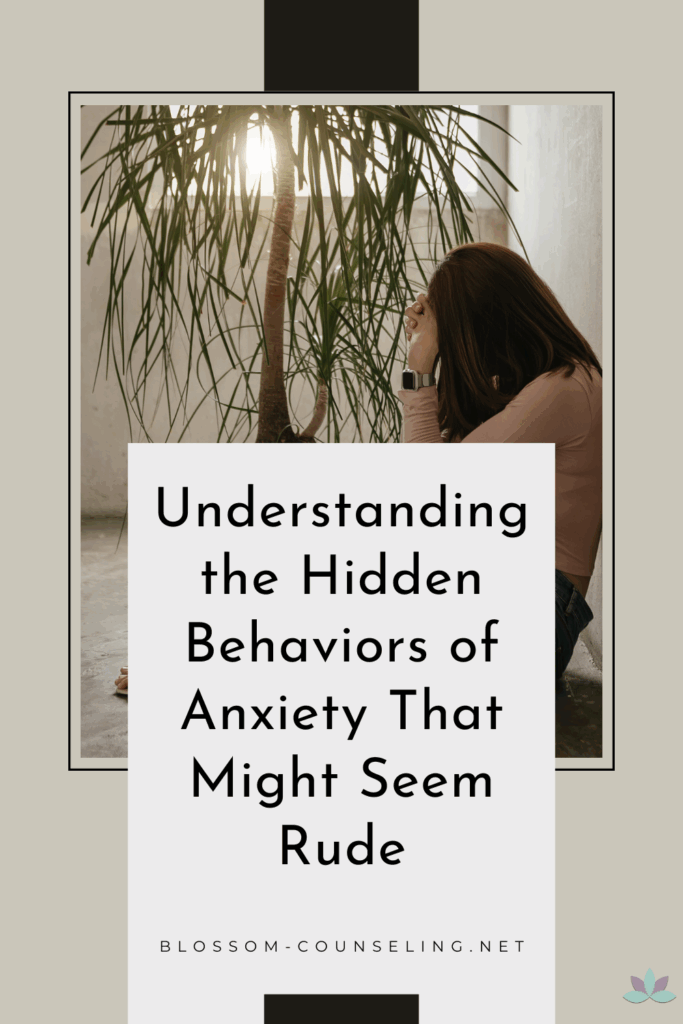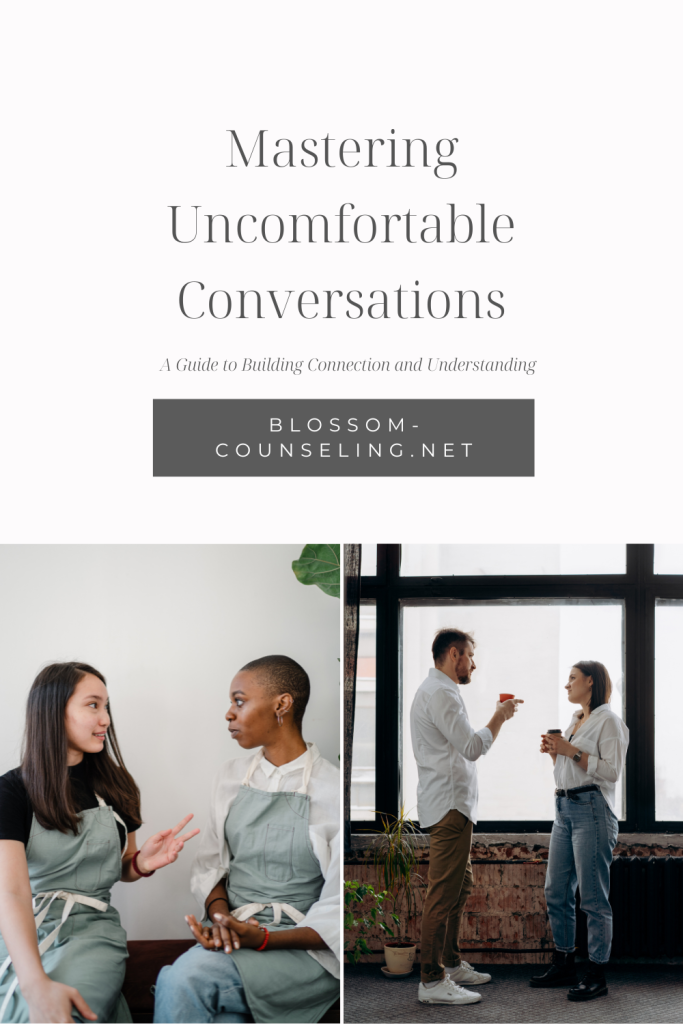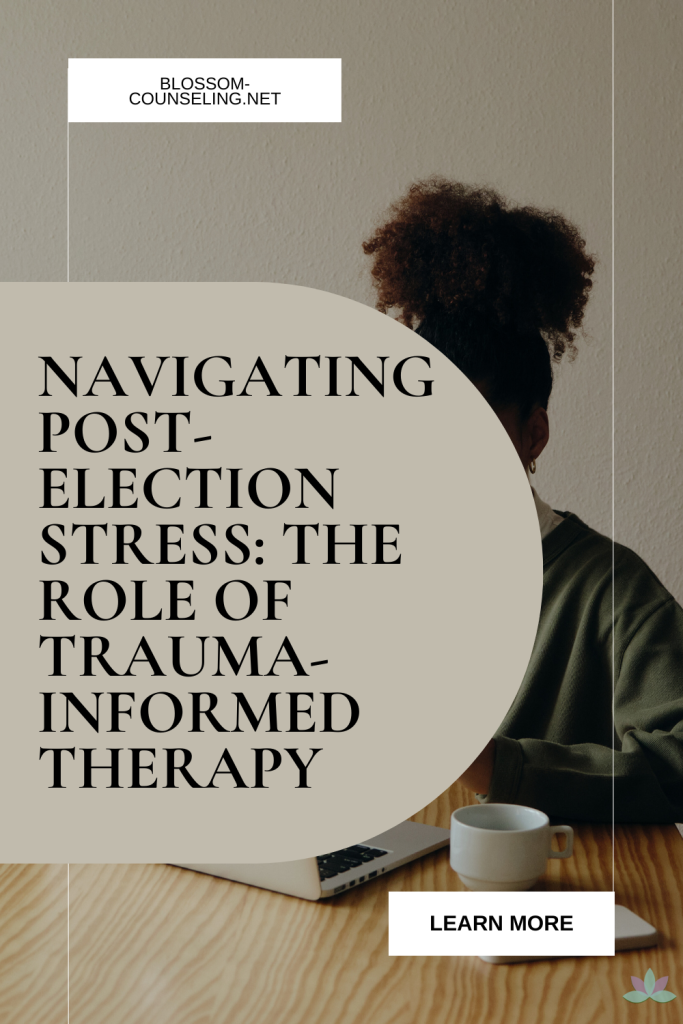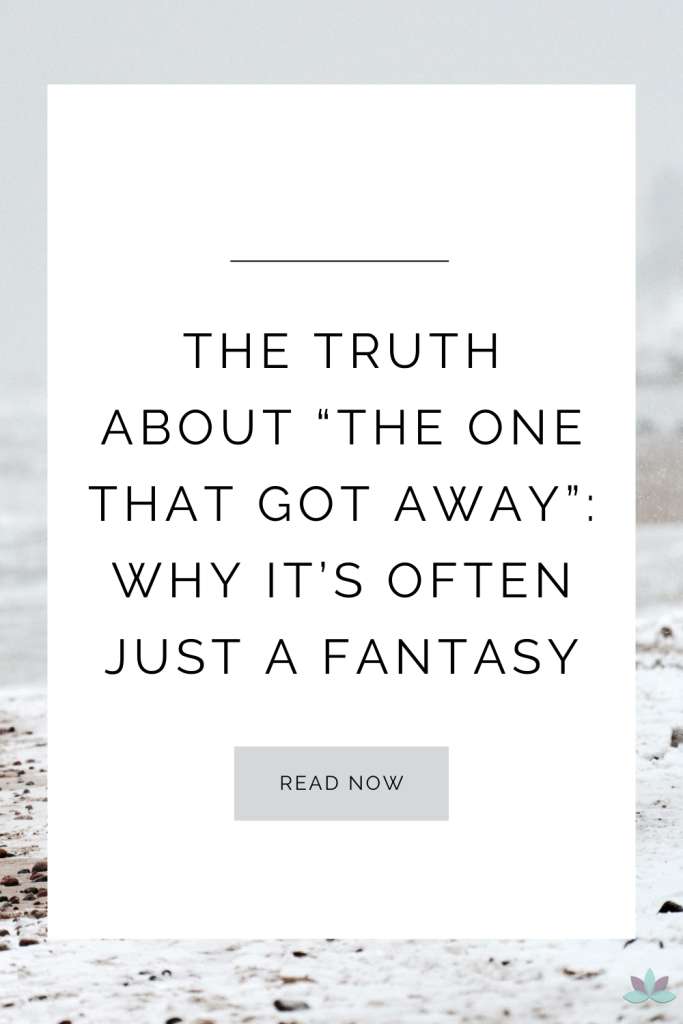
Imagine this: you’re talking to someone, sharing a story, and they suddenly look away, fidget with their phone, or offer a one-word response. It might feel dismissive or even rude. But for someone living with anxiety, these behaviors aren’t about disinterest or bad manners—they’re often a protective mechanism or a symptom of their inner struggle. Anxiety has a sneaky way of affecting social interactions, sometimes making perfectly polite people come across as cold or aloof.
So, what’s going on beneath the surface?
1. Avoiding Eye Contact
Anxiety can make eye contact feel like standing in the spotlight during a performance. For some, it triggers a flood of self-conscious thoughts, leaving them overwhelmed and eager to escape. Avoiding eye contact might look evasive or uninterested, but it’s often a way of coping with discomfort or fear of judgment.
2. One-Word Responses or Short Replies
When anxiety is at its peak, formulating full sentences can feel exhausting. A short “Yeah” or “I’m fine” may seem curt, but for someone with anxiety, it’s a way to conserve emotional energy. It’s not a lack of care—it’s survival mode.
3. Canceling Plans Last Minute
This is a classic anxiety move that often gets mistaken for flakiness or disrespect. The truth? The buildup to a social event can feel overwhelming, triggering a spiral of “what ifs” and worst-case scenarios. Sometimes, backing out feels like the only way to regain a sense of control.
4. Interrupting or Talking Too Much
On the flip side, some people with anxiety may ramble or interrupt during conversations. This happens because silence feels unbearable or because they’re worried they’ll forget their point. It’s not about hogging the spotlight—it’s about managing their own discomfort.
5. Seeming Distracted or Preoccupied
An anxious brain can be a noisy one. Even in a conversation, their mind might be spinning with worries or replaying a past mistake. It’s not that they’re uninterested—it’s just hard to stay fully present when your inner dialogue is running at full volume.
6. Skipping Greetings or Goodbyes
Social niceties like a cheerful “hello” or a warm “goodbye” can sometimes fall by the wayside for people with anxiety. It’s not because they don’t care—it’s often because they’re so focused on managing their anxiety that pleasantries feel like an afterthought.
7. Turning Down Invitations
Repeatedly saying no to group outings or casual hangouts might feel like rejection. But for someone with anxiety, the idea of being in a crowded or unfamiliar environment can be paralyzing. Declining isn’t about the company—it’s about their capacity to handle the situation.
Anxiety has a way of distorting how someone’s actions might be perceived by others. Recognizing these behaviors for what they are—expressions of inner turmoil rather than intentional rudeness—can go a long way in fostering understanding and empathy.
When we view these moments through a lens of compassion, we create space for connection and kindness, even when anxiety tries to get in the way.
Our team of compassionate therapists is here to help you find the support you need. We believe in a holistic approach, treating your mind, body, and spirit. With a blend of traditional and alternative therapies, we tailor your experience to meet your unique needs. At Blossom, we create a non-judgmental space where you can be your authentic self. Our goal is to empower you, amplify your strengths, and help you create lasting change. Together, we’ll navigate life’s challenges and help you bloom, grow, blossom! You deserve to become the best version of you.




